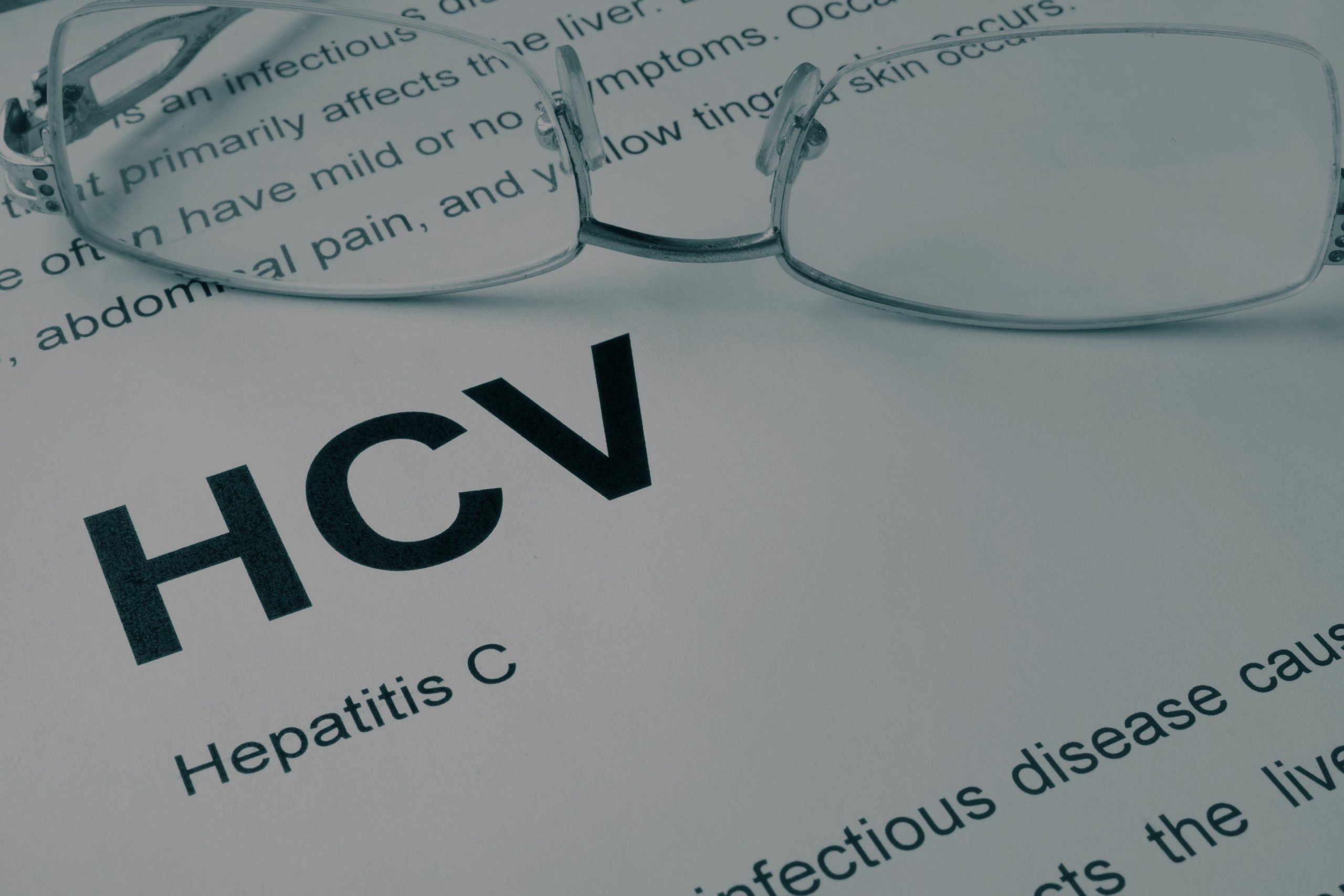
Colorado, Oregon, and Texas Are Lifting Barriers to HCV Treatment for Medicaid Recipients
FOR IMMEDIATE RELEASE
Colorado, Oregon, and Texas Are Lifting Barriers to HCV Treatment for Medicaid Recipients
These states join a growing tide of prior authorization removals for a total of 19 jurisdictions nationwide that have ditched this needless constraint on hep C treatment access.
WASHINGTON, D.C. (January 17, 2023) – The Center for Health Law and Policy Innovation of Harvard Law School (CHLPI) and the National Viral Hepatitis Roundtable (NVHR) today applaud the Colorado, Oregon and Texas state Medicaid programs for removing prior authorization requirements on hepatitis C treatment for most patients, effective as of January 1st of this year.
In Colorado and Oregon, prior authorization is no longer required for preferred medications prescribed for initial treatment. In Texas, prior authorization is no longer needed for a preferred medication. Additionally, in a move that will buoy accessibility and treatment adherence, Colorado now allows prescriptions to be written and dispensed for up to a 90-day supply.
These expansions in treatment access bring us to a total of 19 jurisdictions nationwide that have done away with prior authorization, over half of which have done so in the last 13 months.
“2022 brought significant momentum in hepatitis C treatment access advocacy. We’re encouraged that more state Medicaid programs recognize that they can easily and meaningfully simplify access to treatment by removing prior authorization. We look forward to additional states following in the footsteps of Colorado, Oregon, and Texas in 2023,” said Adrienne Simmons, director of programs at NVHR.
Hepatitis C is the deadliest bloodborne infectious disease in the U.S., affecting approximately 2.4 million Americans, according to CDC. National trends indicate a rise in hepatitis C case incidence, while treatment rates for hepatitis C disturbingly declined between 2014 and 2020. Complications from hepatitis C can be fatal if left untreated, however direct acting antiviral (DAA) treatments offer a near-100 percent cure rate. Yet barriers to this treatment – such as prior authorization – continue to persist across the country.
“Removing prior authorization requirements for Medicaid enrollees is an important and necessary step to eliminate viral hepatitis in the US,” said Suzanne Davies, Clinical Fellow for CHLPI. “We are thrilled to see more and more state Medicaid programs take action in this way, including in Colorado, Oregon, and Texas. We urge government officials across the country to remove these harmful barriers to hepatitis C treatment and make access to the lifesaving cure a reality for all.”
For more information about hepatitis C treatment access barriers, please visit www.stateofhepc.org. View the Hepatitis C: State of Medicaid Access 2022 national summary report here.
###
About the Center for Health Law and Policy Innovation of Harvard Law School (CHLPI)
The Center for Health Law and Policy Innovation of Harvard Law School (CHLPI) advocates for legal, regulatory, and policy reforms to improve the health of marginalized populations, with a focus on the needs of low-income people living with chronic illnesses and disabilities. CHLPI works to expand access to high-quality health care; to reduce health disparities; to develop community advocacy capacity; and to promote more equitable and effective health care systems. CHLPI is a clinical teaching program of Harvard Law School and mentors students to become skilled, innovative, and thoughtful practitioners as well as leaders in health and public health law and policy. For more information, visit www.chlpi.org.
About the National Viral Hepatitis Roundtable (NVHR)
The National Viral Hepatitis Roundtable, an initiative of HEP, is a national coalition fighting for an equitable world free of viral hepatitis. NVHR seeks to eliminate viral hepatitis in the United States and improve the lives of those affected through advocacy, education, and support to national, state and local partners. For more information, visit www.nvhr.org.
MEDIA CONTACTS
Jenni Todd: (206) 934-0711
j.todd@hepeducation.org
Kyra Sanborn: (617) 496-1507
ksanborn@law.harvard.edu
